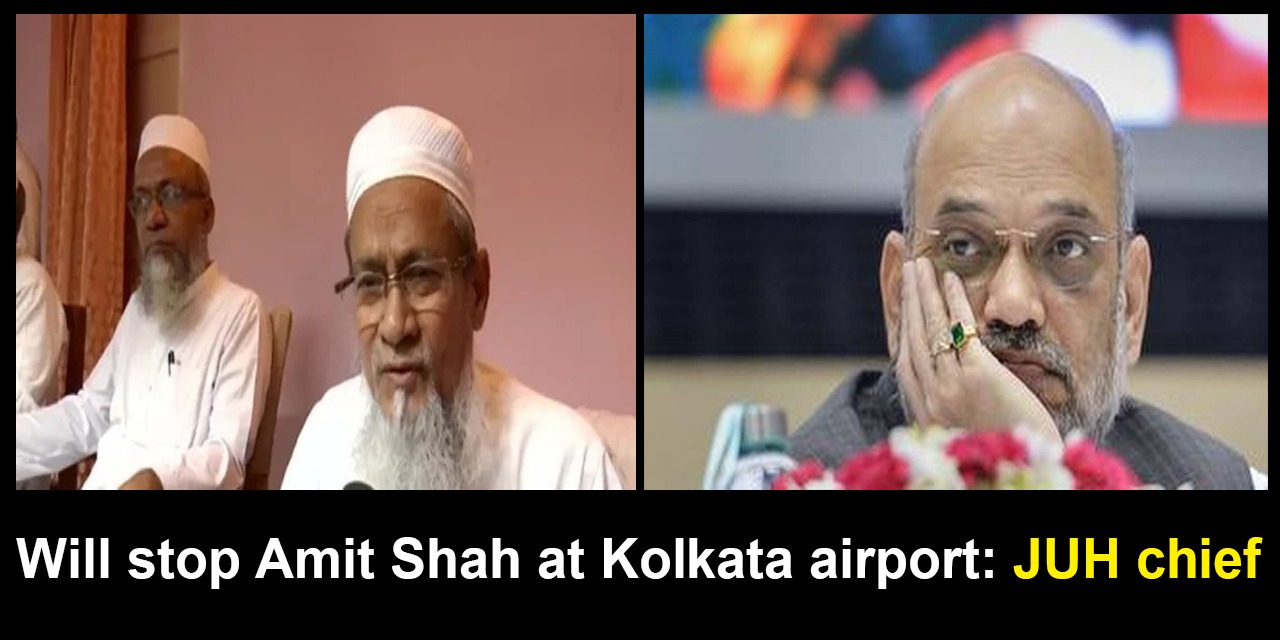India’s USD 700 billion plan to transform India’s railways by 2030
India, a well-known global power, is home to one of the most significant and most extensive railway networks worldwide. Indian Railways is a vast network that improves millions of people’s lives and the nation’s economic growth. The Indian government has made a significant advancement to modernize and improve this vast railway network. Indian Railways has a $700 billion development plan by 2030 in order to meet this goal.
This is going to be the most significant change of the 21st century in India’s railway system. The government plans to invest more than $700 billion by the year 2030 to completely replace and upgrade the ageing rail infrastructure. The goal of this massive undertaking is to increase speed, efficiency, security, and stability across the network.
A major initiative is to electrify all the railway tracks in the country completely. This will help in running trains faster and help India stay away from expensive imported diesel. Solar energy will also be harnessed through panels installed on train roofs and stations. Another major goal is to expand high-speed rail corridors connecting major cities.
India’s first bullet train project is already underway in collaboration with Japan. This 320 km per hour train will run between Mumbai and Ahmedabad. Several more corridors are planned, including connecting Delhi, Mumbai, Kolkata, and Chennai with the Diamond Quadrilateral High-Speed Network. Dedicated freight corridors are also being developed to transport goods efficiently and reduce costs across the country. Also, rail safety is being improved by eliminating unmanned crossings, and installing automatic fire alarms and CCTV cameras at stations.
India is making substantial investments in its railways to enhance speed, reliability, and sustainability, ultimately fueling economic growth. This comprehensive rail upgrade will create numerous job opportunities and includes high-speed rail, electrification, safety enhancements, and solar energy integration. These ambitious plans aim to modernize the network and ensure faster, cleaner, and safer train travel for passengers, supporting the nation’s economic development.








